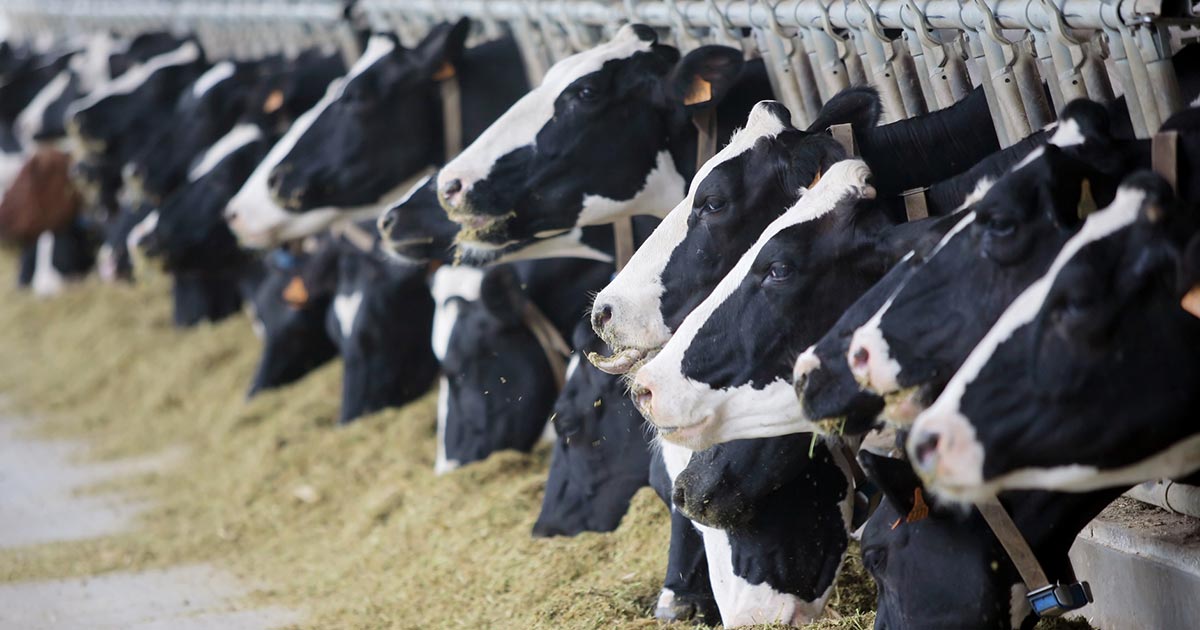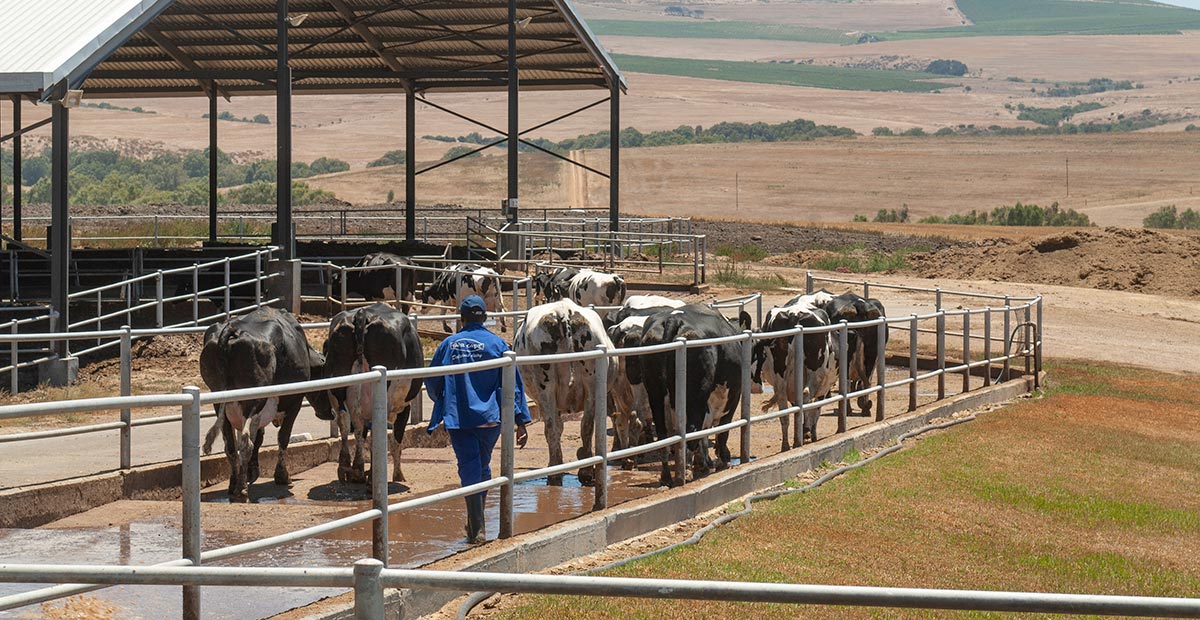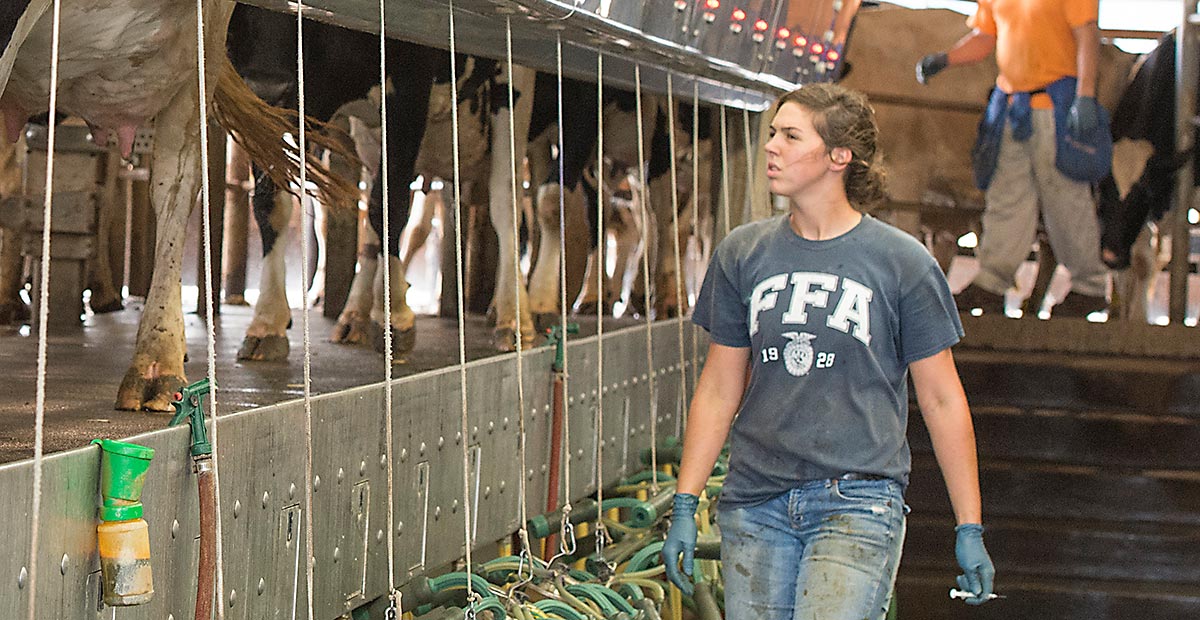This article appeared in Progressive Dairy.
By Chris Gwyn, Jefo Nutrition North American Ruminant Business Development Manager.
A resilient cow is a more profitable cow, one that stays out of the hospital pen, produces well and handles stress. The insights shared by University of Missouri professor Dr. Matt Lucy during the 2023 Dairy Cattle Reproduction Council (DCRC) Annual Meeting underscore the importance of understanding the difference between stress and strain in dairy cows and the implications for overall health, productivity and welfare.
From low-stress handling techniques to ensuring cows receive a balanced diet to support their metabolic needs, here are some key takeaways that dairy producers can consider based on Dr. Lucy’s presentation:
- Understand Stress vs. Strain: Recognize that stress is inevitable for dairy cows due to various factors, such as production demands, environmental conditions and social interactions. However, it’s the strain—the cumulative effect of stressors and how she reacts—that significantly impacts the cow’s well-being and productivity.
- Manage Stressors: Implement strategies to minimize stressors in the cows’ environment. This includes maintaining clean calving pens, providing adequate cooling systems to prevent heat stress, and employing low-stress handling techniques during routine management practices.
- Select for Resilience: Leverage genomic data and selective breeding practices to build a herd with greater resilience to stress. Identify and prioritize traits associated with resilience in breeding programs to produce cows that can better cope with various stressors.
- Optimize Nutrition: Address nutritional factors that can contribute to stress and strain in dairy cows. Ensure that cows receive balanced diets to support their metabolic needs, particularly in high-producing cows where metabolic imbalances can occur.
- Monitor Reproductive Health: Regularly monitor reproductive health indicators to identify and address issues early on. This includes knowing how stress can affect reproductive performance and implementing proactive measures to support reproductive function.
- Long-Term Health and Performance: Consider the long-term implications of stress on cow health and performance. Recognize that stress experienced during critical periods such as transition and postpartum can have lasting effects on reproductive outcomes and overall productivity.
By adopting proactive management practices and prioritizing resilience in breeding programs, dairy producers can mitigate the strain experienced by their cows and ultimately enhance the health, welfare and productivity of their herds.
For more details, Dr. Lucy’s full presentation from the DCRC meeting is available via YouTube.
In addition, Dr. Lucy covered this topic in a RumiNation podcast. Check it out: https://podcast.jefo.ca/season-3/impacts-of-stress-and-strain-on-the-reproductive-health-of-dairy-cows/



